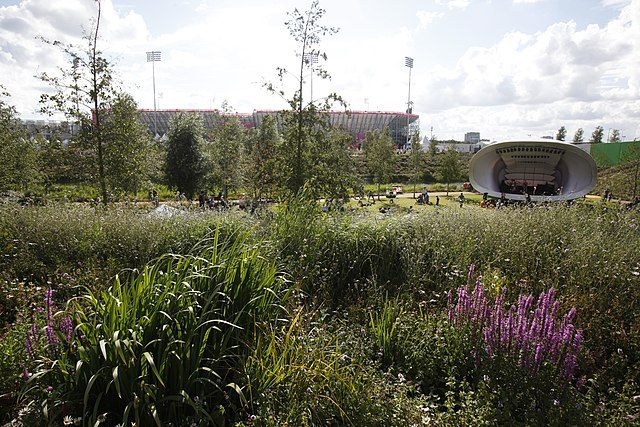
More than half of UK councils are still using pesticides in parks, playgrounds, pavements, playing fields and housing estates, new research has revealed.
The findings, published on Wednesday by the Pesticide Action Network (PAN), show that while many authorities continue to rely on chemicals, growing numbers are taking steps to reduce or phase out their use.
The most common pesticide employed by councils is glyphosate, a weedkiller linked to cancer. Excessive use of pesticides has also been associated with sharp declines in wildlife, including birds, bees and hedgehogs.
PAN submitted freedom of information requests to local authorities across the country, receiving responses from more than 90%. Of the 368 councils that replied, 165 (45%) said they were working to cut down or eliminate pesticide use.
Nick Mole, a policy manager at PAN UK, said: “While there is still work to do, this survey shows that the pesticide-free movement is growing. A decade ago, no one even knew that pesticides were used in villages, towns and cities. Now we have more than 100 councils taking action to protect the health of residents, wildlife and pets.”
Public opinion strongly supports such moves. Polling commissioned by PAN found that two-thirds of people (65%) agreed that “schools, parks, playgrounds and other public spaces in their local area should be pesticide-free”, with one-third (33%) strongly agreeing.
The survey revealed wide variation in council practice. Almost half (47%) reported not using pesticides on playing fields, a third (34%) kept cemeteries pesticide-free, and a quarter (26%) managed parks and green spaces without them.
London is leading the shift. Of the capital’s 33 boroughs, 23 have either ended pesticide use or are in the process of phasing it out – echoing the situation in Paris, where pesticide-free public spaces are already the norm.
“The UK public is largely onside and countries like France and Denmark – which have banned urban pesticide use nationwide – are showing every day that we simply don’t need chemicals to maintain public spaces,” said Mole.
However, the research also suggested that pesticide use may be far higher than official figures indicate. Councils reported using 354 tonnes of pesticides in 2024, compared with the government’s figure of just 84 tonnes.
Several councils, including Lambeth, Glastonbury and Lewes, have already banned pesticides altogether. Brighton and Hove introduced a ban in 2019 but, following complaints about weeds, announced that it was reintroducing limited, targeted applications of glyphosate in 2024, while pledging to keep usage to an absolute minimum.
Meanwhile, a bill, tabled by the Green MP Siân Berry is currently before parliament, seeking to ban the use of pesticides in public spaces nationwide.
——————————————————————————
At Natural World Fund, we are passionate about restoring habitats in the UK to halt the decline in our wildlife.

